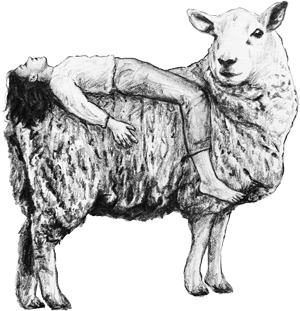I’m sitting at my desk with a cup of tea, thinking about how sleep helped me getting over my cold. No seriously. It helped me. But I don’t know why or how. So, I did some research…
Turns out that while you sleep your body is more efficient in fighting off infections and inflammation. But being sick can also hinder you from getting a good night’s sleep. We give you the top 7 tips to overcome those obstacles and get your rest to recover faster.
In this Article we will cover:
Why It’s Good to Sleep When You’re Sick
The main reason sleep is so beneficial when you’re sick is because it supports the immune system by promoting the production and release of certain proteins called cytokines.
These play a crucial role in the body’s response to infection and inflammation. When you sleep, especially during deep sleep, the body ramps up the production of these proteins, which helps:
- Fight off infections like colds, the flu, or other viruses.
- Reduce inflammation, which can cause a fever, congestion, and body aches.
- Repair tissues and support healing processes, allowing the body to recover faster.
In addition to cytokines, sleep also enhances other aspects of the immune system. For example, the activation of T-cells and natural killer cells, which are responsible for attacking infected cells and viruses.
A 2019 study found that even moderate sleep deprivation (four hours of sleep a night) reduced the body’s ability to mount an effective immune response. This led to slower recovery from infections like a common cold.
Additionally: This is how sleep helps you when you have fever
When you have a fever, sleep helps lower your body temperature and ease your fever symptoms. This is one more reason why getting enough sleep is so important when you’re fighting off an illness.
What Causes You Trouble Sleeping When You’re Sick?
Even though sleep is essential when you’re ill, it’s often hard to get and here’s why:
Congestion and Breathing Problems
If you’re congested or coughing, it can be hard to breathe properly. This can make it difficult to fall asleep or stay asleep. A blocked nose or a dry throat can cause you to wake up often, making it tough to get into a deep, restful sleep.
Body Aches and Pains
Body aches can also cause sick and can’t sleep situations. A sore throat, muscle pain, or headaches can make it hard to relax enough to sleep. Even if you fall asleep, pain can wake you up during the night.
Fever and Sweating
A fever can cause chills, sweating, and general discomfort. These symptoms can make your bed feel less cozy and comfortable, which is why many people have can’t sleep sick nights.
Restless Mind
Feeling worried about being sick can also make it harder to sleep. You might feel anxious about missing work or other duties, making it tough to quiet your mind and rest.
Best Ways to Sleep When You’re Sick
Despite the challenges, there are some ways to improve your sleep when you’re sick. Here are a few tips to help you fall asleep faster and stay asleep longer:
1. Elevate Your Head
If you’re dealing with congestion, try sleeping with your head raised. Use an extra pillow or two to keep your airways open and reduce stuffiness. This simple change can really help if you can’t sleep when sick because of breathing issues.
2. Stay Hydrated
Drinking fluids can thin out mucus and make breathing easier. Warm drinks, like herbal teas or water with honey and lemon, can soothe a sore throat making it easier to get some rest. But don’t drink too much as that might wake you up for a bathroom stop.
3. Use Over-the-Counter Remedies
Medications like nasal sprays, decongestants, or cough syrups can give you relief from symptoms that keep you awake. But always check with your doctor before taking new medicines, especially if you’re already on other treatments.
4. Keep Your Room Cool and Dark
A cool, dark room is the best environment for sleep. Keeping your room cooler can help with fever and prevent sweating.
5. Take Naps
If you can’t get enough sleep at night, try to nap during the day. Try to keep your naps at either around 20-30 minutes or much longer at around 90 minutes. This will help you to still sleep as good as possible in the night and don’t feel fatigued after your nap. (more about naps here)
6. Use a Humidifier
A humidifier adds moisture to the air, which can help reduce coughing and ease dry nasal passages or a sore throat.
7. Take a Hot Shower
A hot shower before bed can ease muscle aches and open up your nasal passages. The steam helps relieve congestion, making it easier to breathe and relax before sleep.
Is It Okay to Sleep All Day When Sick?
The answer is yes, it’s fine to sleep all day when you’re sick. When you’re ill, your body often needs more sleep than usual. Sleeping a lot is common, and it’s your body’s way of speeding up recovery.
However, if you find yourself sleeping all day for several days in a row and still feeling tired, it’s a good idea to talk to a doctor. Ongoing tiredness could mean that you need more than just sleep, such as special treatments or medicines.
Warning Signs
While sleeping 12 hours when sick can be normal, needing excessive sleep for too long could be a sign of a more serious illness, like the flu. Be sure to watch for other symptoms, like a high fever or persistent cough, and seek medical advice if necessary.
Conclusion
If you have a simple cold or fever sleep can help you recover faster. Yes, it’s that easy, multiple studies have proven the point. But what if you have trouble sleeping? Try out some of our tips fitting to your hurdles.
Now it’s your turn, let us know how you approach sleep when you’re feeling ill. Do you have trouble resting or can you nap for 24 hours straight?
PS. Get our Newsletter to not miss out on any new topics.
